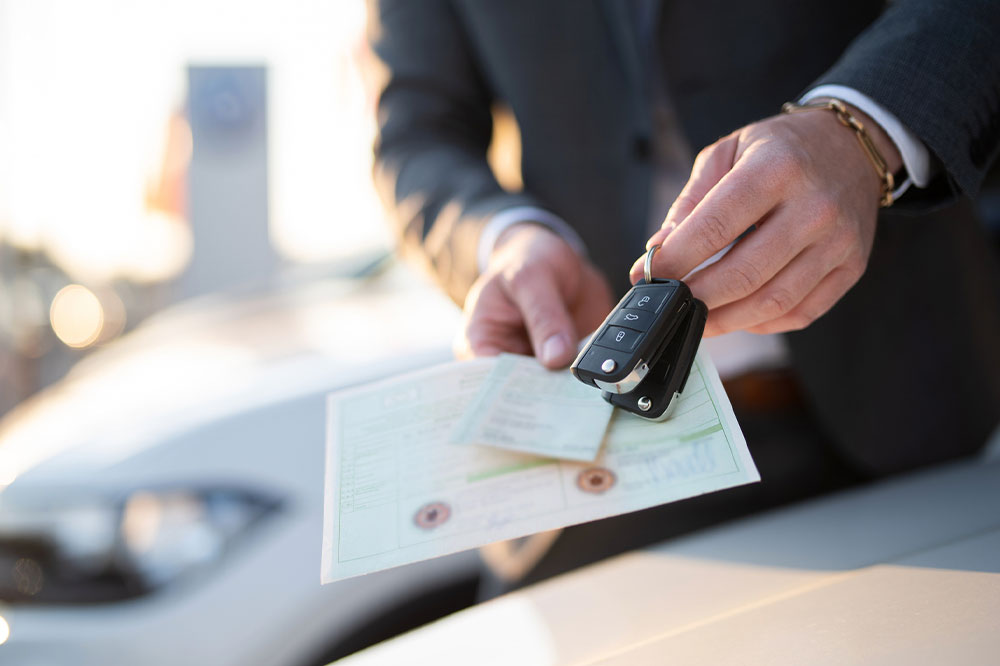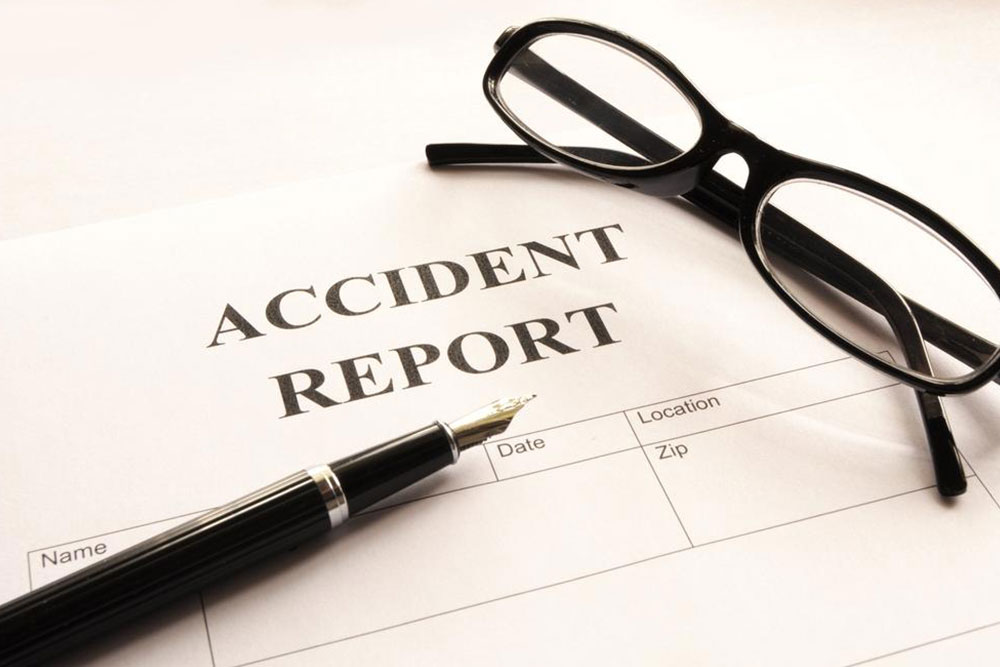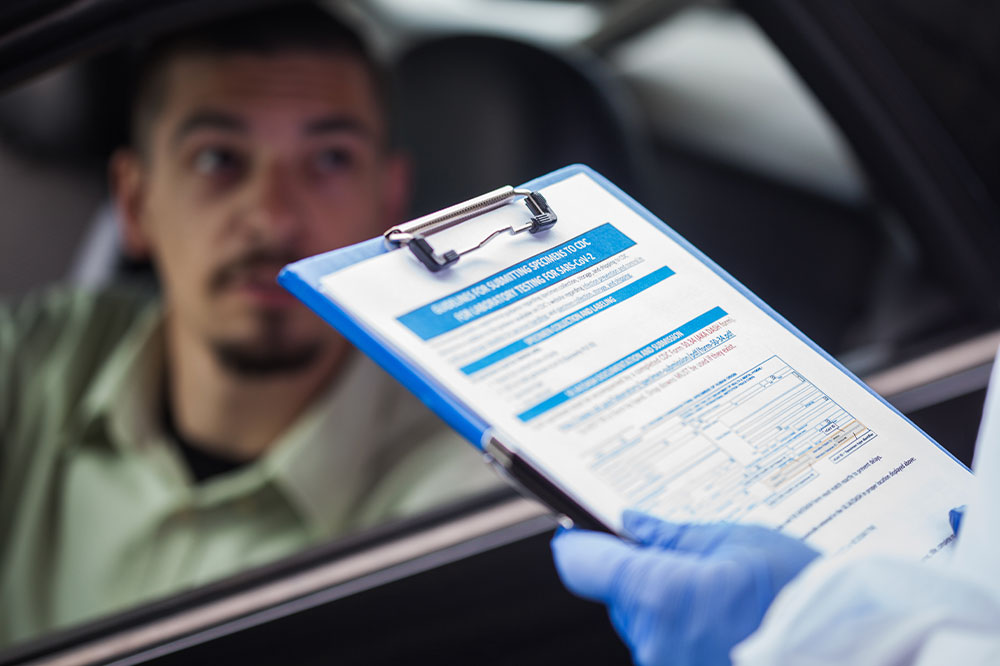Essential Guide to Vehicle Licensing and Registration Procedures
This comprehensive guide covers essential aspects of vehicle licensing and registration, including procedures, required documents, timing, penalties, and costs. It helps vehicle owners understand legal obligations, ensuring smooth compliance and avoiding fines or impoundment. Whether purchasing a new car or relocating, follow these key steps for hassle-free registration and legal road use.
Sponsored

Acquiring a new vehicle is an exciting milestone, but it comes with important legal responsibilities. Among these are vehicle licensing and registration, which are mandatory across all states and regions. While specific rules can vary slightly, the core requirements remain consistent. Here’s what you need to know to ensure smooth compliance.
Defining Vehicle Registration
Vehicle registration establishes legal ownership of the vehicle and links it to the owner. Every state mandates residents to register their vehicles with the local Department of Motor Vehicles (DMV) or equivalent agency.
The DMV officials inspect your vehicle and record registration details for official records. Upon completion, you receive a registration certificate. Failing to register your vehicle or allowing registration to lapse can result in fines or vehicle impoundment.
Understanding Vehicle Licensing
Vehicle licensing goes hand-in-hand with registration. After initial registration or relocating to a new state, owners receive license plates and necessary tags. Displaying license plates correctly—visible, valid, and properly mounted—is essential for legal road use.
Most states require either one or two license plates—some need front and rear plates, others only a rear plate. Proper placement and visibility are key to avoiding penalties.
Documents Needed for Vehicle Registration
While requirements may differ slightly, common documents include:
Title or Loan Document
If you've paid in full, your title confirms ownership. For financed vehicles, a lien agreement is necessary.
Insurance Proof
Most states require proof of valid insurance that meets minimum liability limits, which must be presented during registration.
Odometer Reading
The DMV might verify your vehicle's mileage, or you may report it yourself in some states.
Sale Receipt
Keep your bill of sale handy; it's a required document when registering a new vehicle.
Additionally, a valid driver’s license and payment methods (credit card, cash, or check) are needed for registration or renewal processes.
Timing for Vehicle Registration
Registration may be necessary when:
Purchasing a New or Used Car
Dealerships often handle initial registration, but additional fees may apply depending on location and seller.
Renewing Registration
Usually required every one or two years, with fees varying by state.
Relocating to a New State
If you move, re-registration in the new state is mandatory within designated timeframes to comply with local laws.
Penalties for Non-Compliance
Law enforcement can impound your vehicle or impose fines if you're stopped without valid registration, license, or proof of insurance. Late registration or renewal fines vary by state.
Registration Cost Factors
Fees depend on the vehicle's age, fuel efficiency, type, and value. Additional costs may include personalized license plates or toll violations. Fees also fluctuate based on state regulations and specific choices made by the owner.
Completing vehicle licensing and registration correctly is crucial to avoid legal issues and fines. Stay proactive to ensure your vehicle remains compliant on the roads.





